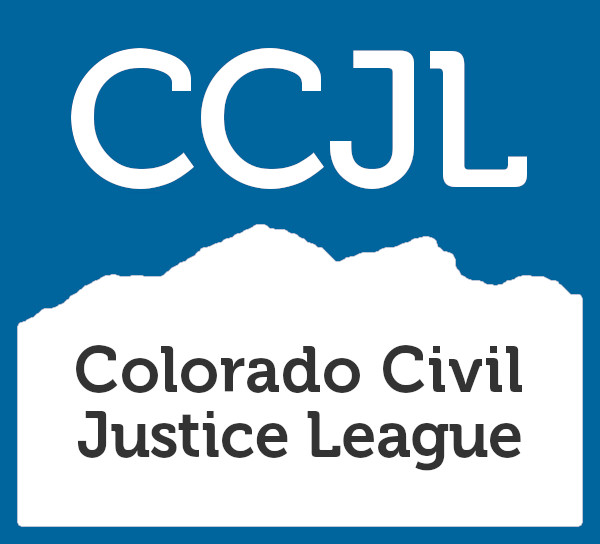Governor Polis vetoed two bills that put employers in the crosshairs for still more lawsuits, improving the product of this year’s Colorado General Assembly. Still, legislators passed 25 bills that use the threat of litigation for enforcement, either by creating private rights of action (PROA) or defining new “deceptive trade practices” under the Colorado Consumer Code.
To their credit, legislators passed two bills to enhance protections against lawsuits:
Senate Bill 58, sponsored by Sens. Dylan Roberts (D-Avon) and Mark Baisley (R-Woodland Park) and Reps. Shannon Bird (D-Westminster) and Briana Titone (D-Arvada), created protections for property owners to allow limited public access through their property to reach or extend hiking trails, including to some of Colorado’s 14,000-foot mountain peaks.
House Bill 1309, by Reps. Elizabeth Velasco (D-Glenwood Springs) and Rick Taggart (R-Grand Junction) and Sens. Roberts (D-Avon) and Janice Rich (R-Grand Junction), extends immunity from liability for individuals or organizations that assist with search and rescue operations.
Both bills were supported by Colorado Civil Justice League, as was Senate Bill 129, by Sens. Chris Kolker (D-Littleton) and Byron Pelton (R-Sterling) and Reps. Chris Kennedy (D- ) and Lisa Frizell (R-Castle Rock), which prohibits public agencies from requiring nonprofits to disclose data about their members. read more…
